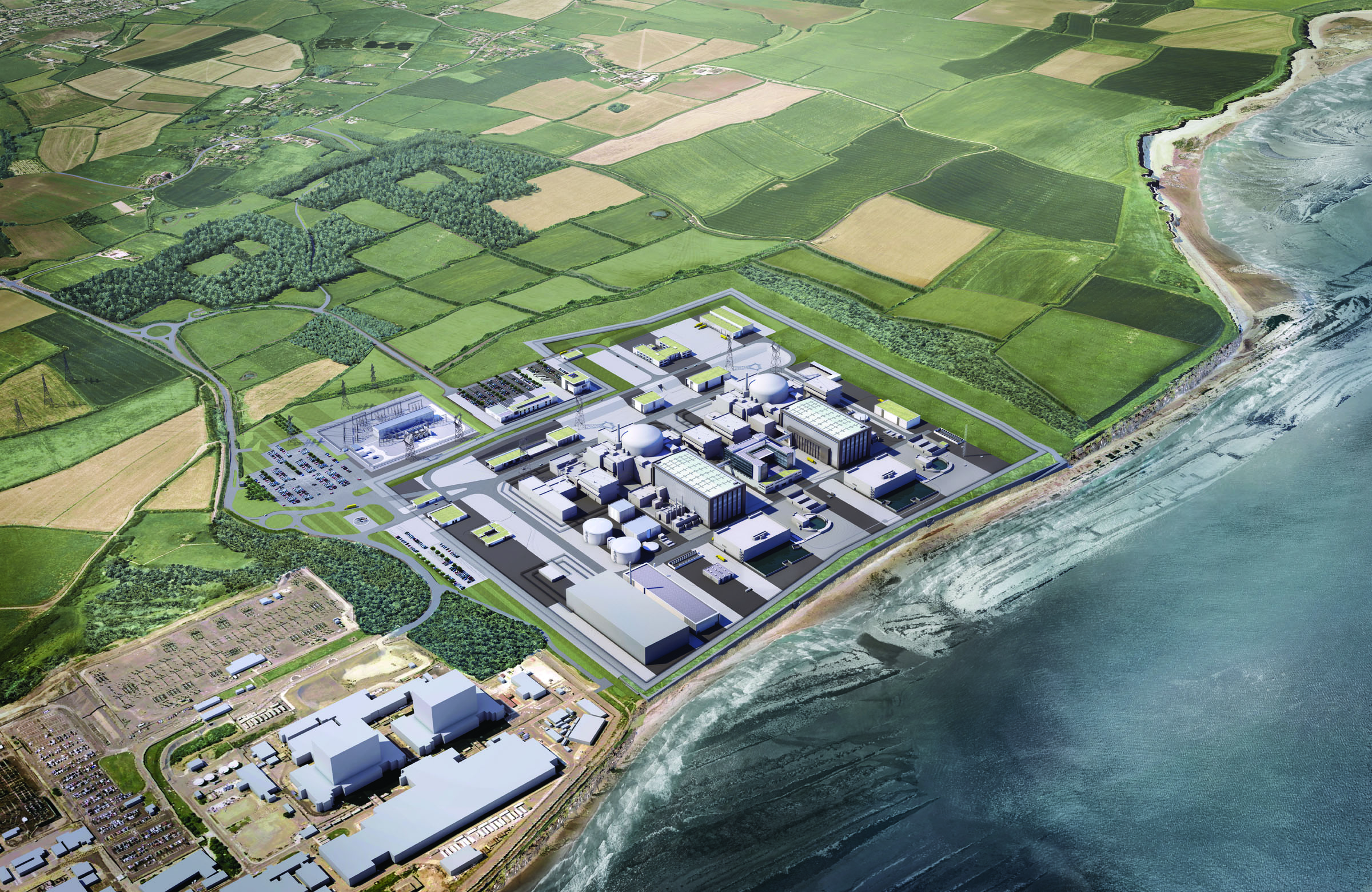Jon Excell - Editor
EDF’s final decision on its Hinkley point investment has reportedly been delayed at the last minute. Is there a final twist in the UK’s unedifying atomic energy saga?
In an alternative version of the present, the construction of Britain’s first new nuclear power station in decades is nearing completion on time and on budget, ushering the UK towards a new era of energy security.
The reality, as most readers will be aware, is somewhat different.

Escalating costs, slipped deadlines, and an ever shifting cast of players have seen Hinkley point C – which is expected to one-day provide 7 per cent of the UK’s electricity - mutate from a £16bn plant due to open in 2017 to an £18bn facility due to begin operating in 2025.
Late last year, we reported on the deal which might finally enable us to move on from what has surely been one of the UK energy sector’s most unedifying spectacles.
And though this was not with out its negatives – not least a ridiculously generous strike price twice of £92.50/MWh (double that of the current UK wholesale electricity price) and the questionable wisdom of handing a 33% controlling stake to a company owned by the Chinese state – it did at least seem like a line had been drawn under the uncertainty that has dogged the project over the last few years.
But fast forward just a few months, and the clouds of doubt are once again gathering over the project, with a report in French paper Les Echos, claiming that the final decision by EDF to invest in the plant, originally due to be made today (Wednesday 28th Jan), has been postponed.
As recently as last week EDF’s Chief Executive Jean-Bernard Levy told reporters that then final investment decision was expected to made this week, but according to reports the firm, which is 85 per cent owned by the French state - is now struggling to find the cash for it’ 66 per cent stake in the project.
It seems unthinkable that EDF will pull out of Hinkley Point C – particularly as it has already ploughed £2bn into the facility. And with the company yet to publicly comment on today’s reports it’s conceivable that these last minute jitters will be quickly laid to rest.
However, some are convinced that some dark days lie ahead. Indeed, in a report on the BBC website, Greenpeace director John Sauven claims that the delay could “signal curtains” for the project.
If the reports are true, it seems we’ll have to wait until February 16th at the earliest – when EDF publishes its annual results – to see exactly what the future holds. And whilst another delay wouldn’t be disastrous, it would take a brave gambler to bet against that far off target of 2025 slipping once again.





Swiss geoengineering start-up targets methane removal
No mention whatsoever about the effect of increased methane levels/iron chloride in the ocean on the pH and chemical properties of the ocean - are we...